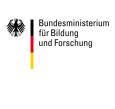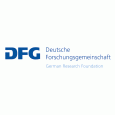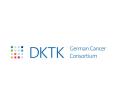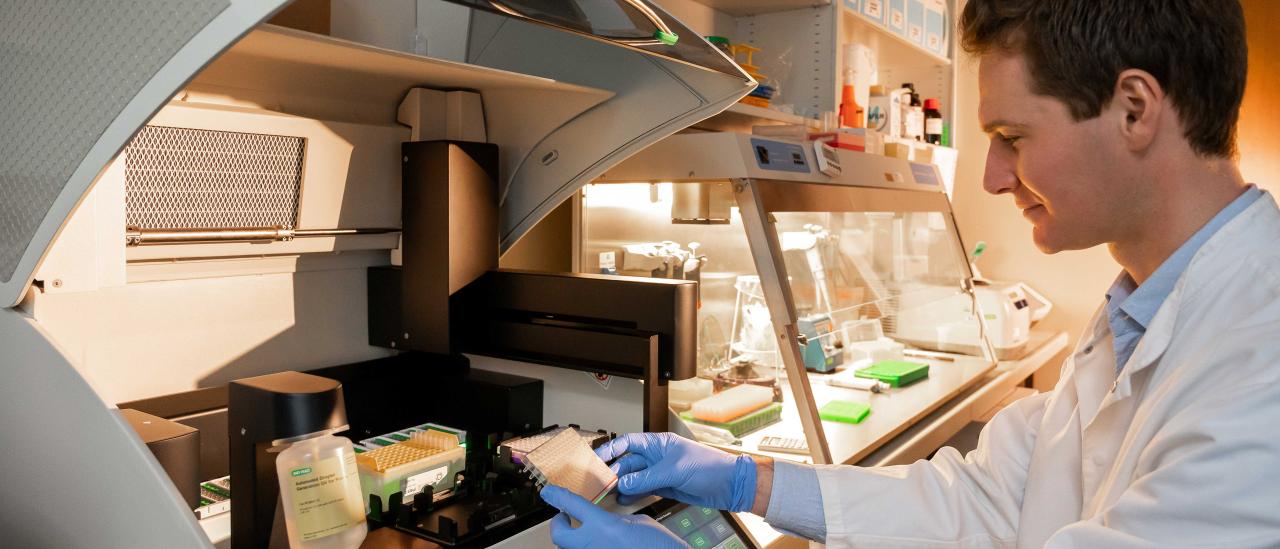
Our lab focuses on liquid biopsy, a non-invasive analysis of tumor-derived material such as cell-free DNA (cfDNA) in body fluids from cancer patients. Although recent technological advances allow sensitive and specific detection of liquid biopsy biomarkers, only few liquid biopsy assays have entered clinical routine yet.
Due to apoptosis or necrosis, blood and other body fluids contain cfDNA. In cancer patients this cfDNA includes DNA fragments originating from tumor cells, so called circulating tumor DNA (ctDNA). Analysis of ctDNA can provide insights into the cancer status, the progress of tumor development, as well as the success or failure of individual tumor treatment of a patient.
The research in our group aims to establish liquid biopsy assays as non-invasive tools to analyze molecular changes in ctDNA, thereby addressing the challenge of the translation of liquid biopsy into clinical routine.
In clinical studies with patients suffering from head and neck cancer, prostate cancer, bladder cancer, breast cancer, or cancer of unknown primary, we apply methods such as droplet digital PCR (ddPCR) and next-generation sequencing to blood, urine, and saliva samples.
Furthermore, we are part of the EXLIQUID consortium, a DKTK (German Cancer Consortium) joint funding project which brings together liquid biopsy experts from the DKTK partner sites all over Germany. The consortium is collecting and biobanking blood samples from patients seen in molecular tumor boards of precision oncology programs. EXLIQUID aims at establishing liquid biopsy assays based on the analysis of tumor mutant variants and tumor-specific DNA methylation patterns in ctDNA. Due to the large EXLIQUID network, liquid biopsy biomarkers for early prediction of therapy efficacy can be identified even in less common tumor types.
With a broad spectrum of analyzed tumor entities and the close collaborations with clinics as well as other research institutes, our group advances the application of liquid biopsy in routine patient care by creating novel tools for an improved non-invasive monitoring of cancer patients.
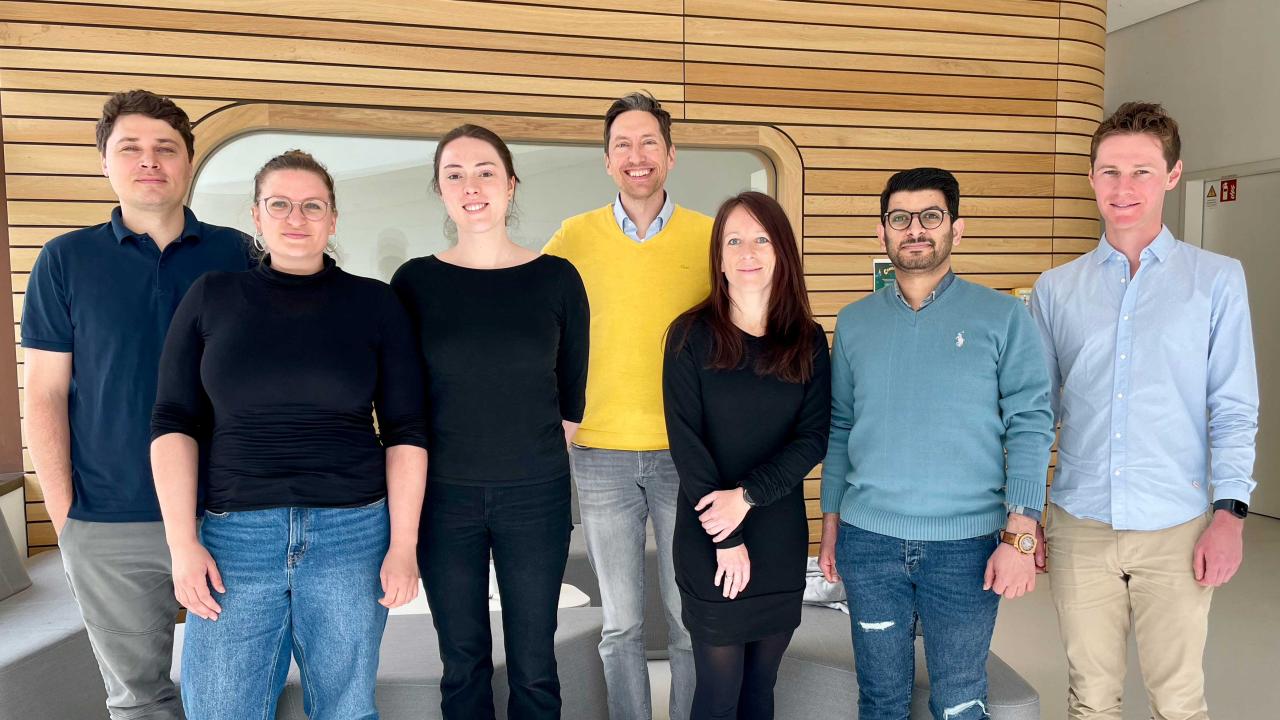







Alumni
Lisa Bauerschmidt
Ludwig Jägerhuber
Jessica Knappe
Romina Rösch
Ramona Secci
Leo Stark
Julia von Tucher
Christof studied computer science and medicine at RWTH Aachen. In 2007, he obtained his doctoral degree in medicine from RWTH Aachen and 2009 his doctoral degree in computer science from Technische Univeristät Dresden. Christof went to Lund University in Sweden for a Postdoc, where he did research on Liquid Biopsy for breast cancer. In 2015, he joined the Institute of Clinical Chemistry and started his own research group on Liquid Biopsy and Bioinformatics and began his training in laboratory medicine which he completed in 2022. Since 2019 he is head of the section Bioinformatics of the German Society for Clinical Chemistry and Laboratory Medicine DGKL. Since 2020 he is scientific head of the central liquid biobank of MRI/TUM, and since 2021 he his overall coordinator of the DKTK EXLIQUID consortium.
Head and neck cancer of unknown primary: unveiling primary tumor sites through machine learning on DNA methylation profiles.
Stark L, Kasajima A, Stögbauer F, Schmidl B, Rinecker J, Holzmann K, Färber S, Pfarr N, Steiger K, Wollenberg B, Ruland J, Winter C, and Wirth M. Clin Epigenetics 16 (2024), 47. doi 10.1186/s13148-024-01657-3
Circulating Tumor DNA Profiling of a Diffuse Large B Cell Lymphoma Patient with Secondary Acute Myeloid Leukemia.
Kerle IA, Jägerhuber L, Secci R, Pfarr N, Blüm P, Roesch R, Götze KS, Weichert W, Bassermann F, Ruland J, and Winter C. Cancers 14 (2022). doi 10.3390/cancers14061371
Dynamics of spike-and nucleocapsid specific immunity during long-term follow-up and vaccination of SARS-CoV-2 convalescents.
Koerber N, Priller A, Yazici S, Bauer T, Cheng CC, Mijočević H, Wintersteller H, Jeske S, Vogel E, Feuerherd M, Tinnefeld K, Winter C, Ruland J, Gerhard M, Haller B, Christa C, Zelger O, Roggendorf H, Halle M, Erber J, Lingor P, Keppler O, Zehn D, Protzer U, and Knolle PA. Nat Commun 13 (2022), 153. doi 10.1038/s41467-021-27649-y
The DKTK EXLIQUID consortium - Exploiting liquid biopsies to advance cancer precision medicine for molecular tumor board patients.
Mack M, Broche J, George S, Haijari Z, Janke F, Ranganathan L, Ashouri M, Desuki A, Engels C, Fliedner S, Hartmann N, Hummel M, Janning M, Kiel A, Köhler T, Lablans M, Loges S, Lueong S, Meyer S, Ossowski S, Scherer F, Schroeder C, Skowronek P, Thiede C, Uhl B, Vehreschild JJ, von Bubnoff N, Wagner S, Westphalen B, Fresser P, Sültmann H, Tinhofer I, and Winter C. J Lab Med 46 (2022), 321-330. doi 10.1515/labmed-2022-0071
RIG-I activation is critical for responsiveness to checkpoint blockade.
Heidegger S, Wintges A, Stritzke F, Bek S, Steiger K, Koenig PA, Göttert S, Engleitner T, Öllinger R, Nedelko T, Fischer JC, Makarov V, Winter C, Rad R, van den Brink MRM, Ruland J, Bassermann F, Chan TA, Haas T, and Poeck H. Science Immunol 4 (2019). doi 10.1126/sciimmunol.aau8943
AR-V7 in Peripheral Whole Blood of Patients with Castration-resistant Prostate Cancer: Association with Treatment-specific Outcome Under Abiraterone and Enzalutamide.
Seitz AK, Thoene S, Bietenbeck A, Nawroth R, Tauber R, Thalgott M, Schmid S, Secci R, Retz M, Gschwend JE, Ruland J, Winter C, and Heck MM. Eur Urol 72 (2017), 828-834. doi 10.1016/j.eururo.2017.07.024
PD-1 is a haploinsufficient suppressor of T cell lymphomagenesis.
Wartewig T, Kurgyis Z, Keppler S, Pechloff K, Hameister E, Öllinger R, Maresch R, Buch T, Steiger K, Winter C, Rad R, and Ruland J. Nature 552 (2017), 121-125. doi 10.1038/nature24649
Targeted sequencing of BRCA1 and BRCA2 across a large unselected breast cancer cohort suggests that one-third of mutations are somatic.
Winter C, Nilsson MP, Olsson E, George AM, Chen Y, Kvist A, Törngren T, Vallon-Christersson J, Hegardt C, Häkkinen J, Jönsson G, Grabau D, Malmberg M, Kristoffersson U, Rehn M, Gruvberger-Saal SK, Larsson C, Borg Å, Loman N, and Saal LH. Ann Oncol 27 (2016), 1532-8. doi 10.1093/annonc/mdw209
Serial monitoring of circulating tumor DNA in patients with primary breast cancer for detection of occult metastatic disease.
Olsson E, Winter C, George A, Chen Y, Howlin J, Tang MHE, Dahlgren M, Schulz R, Grabau D, van Westen D, Fernö M, Ingvar C, Rose C, Bendahl PO, Rydén L, Borg Å, Gruvberger-Saal SK, Jernström H, and Saal LH. EMBO Mol Med 7 (2015), 1034-47. doi 10.15252/emmm.201404913
Google goes cancer: improving outcome prediction for cancer patients by network-based ranking of marker genes.
Winter C, Kristiansen G, Kersting S, Roy J, Aust D, Knösel T, Rümmele P, Jahnke B, Hentrich V, Rückert F, Niedergethmann M, Weichert W, Bahra M, Schlitt HJ, Settmacher U, Friess H, Büchler M, Saeger HD, Schroeder M, Pilarsky C, and Grützmann R. PLoS Comput Biol 8 (2012), e1002511. doi 10.1371/journal.pcbi.1002511
